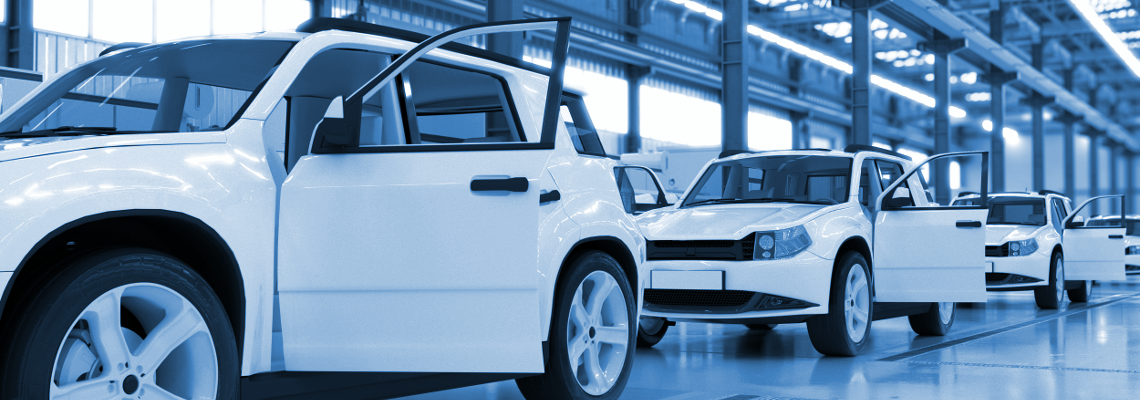SOUTH KOREA REPORT
South Korean battery giants LG Energy Solutions and Hyundai Motor have opened their first battery plant in Indonesia. The plant will produce batteries for electric vehicles to be sold locally and in neighboring countries. Indonesian President Joko made the announcement at a ceremony held July 3 in the Karawang region near the capital, Jakarta, to mark the opening of the new plant.
The investment is $1.2 billion, split 50-50 between LG Energy and Hyundai Motor. The annual battery production capacity is 10 GWh, which is equivalent to 150,000 electric vehicles. The plan is to invest an additional $2 billion in the second phase to increase the capacity to 20 GWh.
The company will produce lithium-ion batteries using a cathode material called NCMA. The high nickel content increases battery performance and range. The new plant will be LG Energy’s fifth production site in Southeast Asia, following those in South Korea, Poland, China and the U.S.
LG Energy has already supplied NCMA to Tesla, among others. In addition to Indonesia, the new plant will also serve as an export base for batteries used in electric vehicles sold by Hyundai Motor in neighboring countries in Southeast Asia, India, South Korea and elsewhere.
Source: The Nikkei
PSR Analysis: South Korea, which is positioning its battery industry as a key national industry, is moving very fast. The fact that it was able to get its battery plant up and running before its competitors may give it an advantage in its future business development in the region. But China’s CATL, the world’s largest EV battery manufacturer, plans to build new factories for batteries, battery materials and battery recycling in Indonesia in cooperation with local companies. The investment is about $6 billion. The news of the new plant in Indonesia is good news for South Korea’s automotive industry, but whether South Korea will be able to maintain a stable supply of EV battery materials in the future remains to be seen yet. PSR
Akihiro Komuro is Research Analyst, Far East and Southeast Asia, for Power Systems Research





